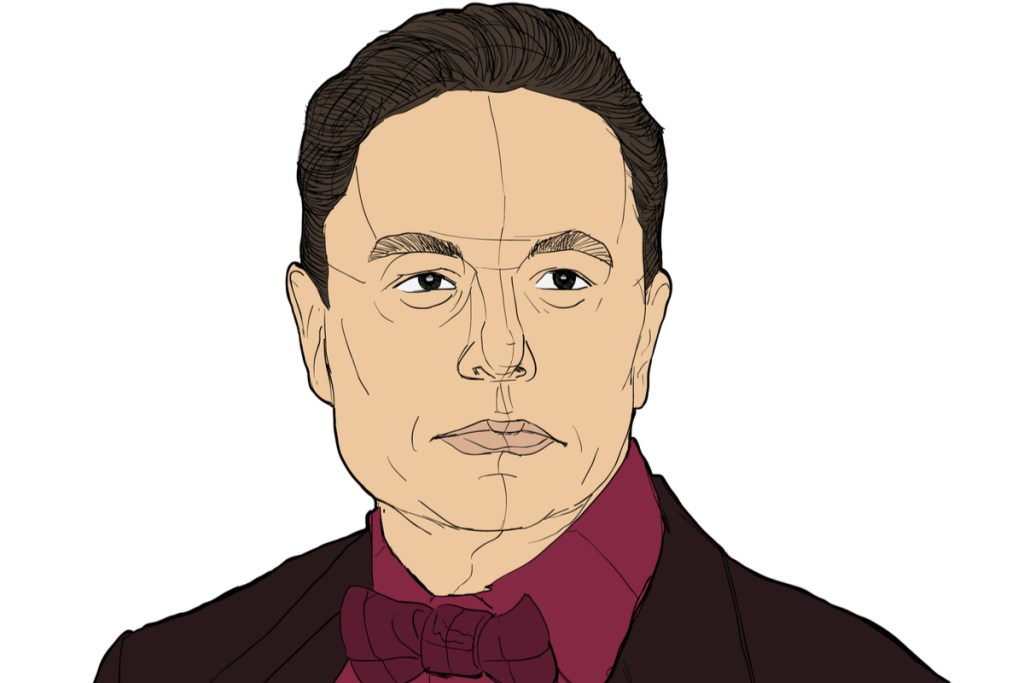Even before the first gas-powered automobile was patented in 1885, humans were on a quest to create the first electric vehicle (EV). Sometime in the 1830s, Scotland’s Robert Anderson invented a battery-powered carriage. As time went on and gasoline became king, the EV was dismissed as something out of science fiction. It wasn’t until Elon Musk came along and developed Tesla motors in 2003 when people started viewing electric vehicles as more of a reality instead of a work of fiction.
Although many others attempted to perfect the electric vehicle, Tesla EVs were the only ones to stay the course among heavy criticism and ultimately succeed. Because of the company’s success, almost every car manufacturer makes at least one EV.
EVs are forecasted to reach 7% of automobile sales worldwide, with the electric vehicle predicted to earn 48% of the total market share by 2030. Auto manufacturing giants Ford and GM pledge to stop gas and diesel vehicles production and only offer full EV and hybrid models by 2030 and 2035, respectively.
It might seem like the EV is finally poised to take off and take over, offering a more eco-friendly transportation solution. However, the founder of Tesla EV himself thinks that the world might never be able to make the complete transition to the electric car. Here are some reasons why.

Difficulty scaling production and controlling costs
“Extraordinarily difficult“ is how Musk describes scaling output of EVs to meet mass demand. He goes on to explain that an electric vehicle has roughly 10,000 unique parts, and production can’t be completed without every one of those parts. A root cause of these difficulties is supply chain issues spurred by the pandemic, which still hasn’t fully recovered. It’s unclear if it ever will.
It boils down to primary supply and demand constraints of sourcing rare earth materials, finding labor to manufacture parts from raw materials, and delivering them in a timely manner. And it’s not just the automobile industry that’s competing to source these resources. It’s the entire tech industry. Increased demand has caused a surge in rare earth material costs, and the fact that China controls much of the world’s supply isn’t helping matters.
Until supply chains can stabilize across industries and raw material costs become predictable, it will be a continuous challenge for EV producers to provide an affordable car at a mass-production scale.
Global infrastructure couldn’t support such a high energy demand
Another reason the Tesla CEO isn’t sold on EVs taking over the market is the energy supply. If everyone were to switch to an electric vehicle tomorrow, it would double the world’s energy demand. This is something the infrastructure of many countries, including the U.S., could not support.
“Together with large battery packs, both things need to be combined, wind power with battery packs and solar energy,” Musk said.

As nations move away from coal and other fossil fuel energy sources, there must be an increase in nuclear, solar, geothermal, and wind energy-generating sources. Not only would there need to be drastic improvements in green energy infrastructure across the world, but there would also need to be energy-storing facilities powered by intermittent energy sources, such as wind and solar.
Think of it in terms of replacing every truck stop across the country with an EV charging station. The magnitude of something like that is unfathomable, even to governments. Also, think of the amount of gas-powered vehicles that are in the world. They will never completely go away, so there will always be some need to support them. Even if there was a way to get the majority of them off the roads, what happens to them? Do they get recycled? What’s the cost of that undertaking?
The takeaway
Despite our best efforts, we are still a long way off from EVs taking over the gas-powered automobile market. However, that doesn’t mean we should stop trying to achieve a better solution. As countries continue to improve their green energy infrastructure, there’s more hope for an all-electric vehicle future.
The bigger question of achieving a sustainable supply chain for emerging technologies still remains. It’s up to our leaders of the industry, like Elon Musk and governments around the world, to come together to find the solutions to these challenges.



